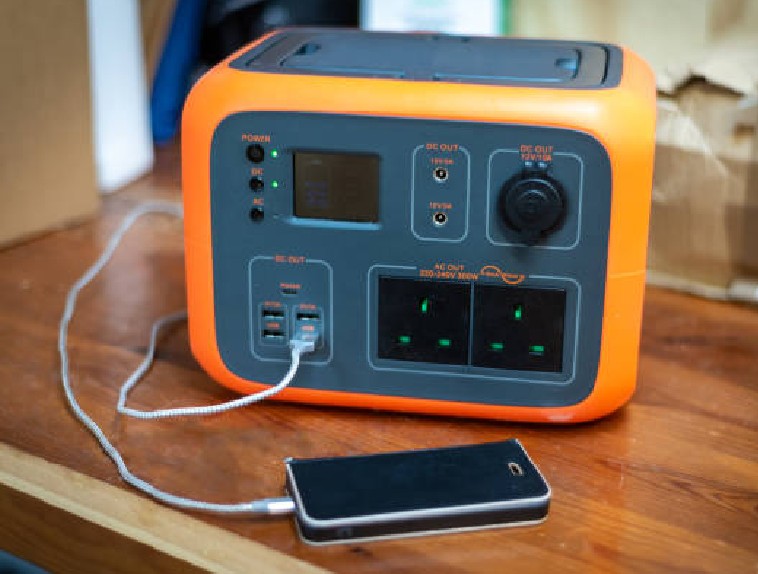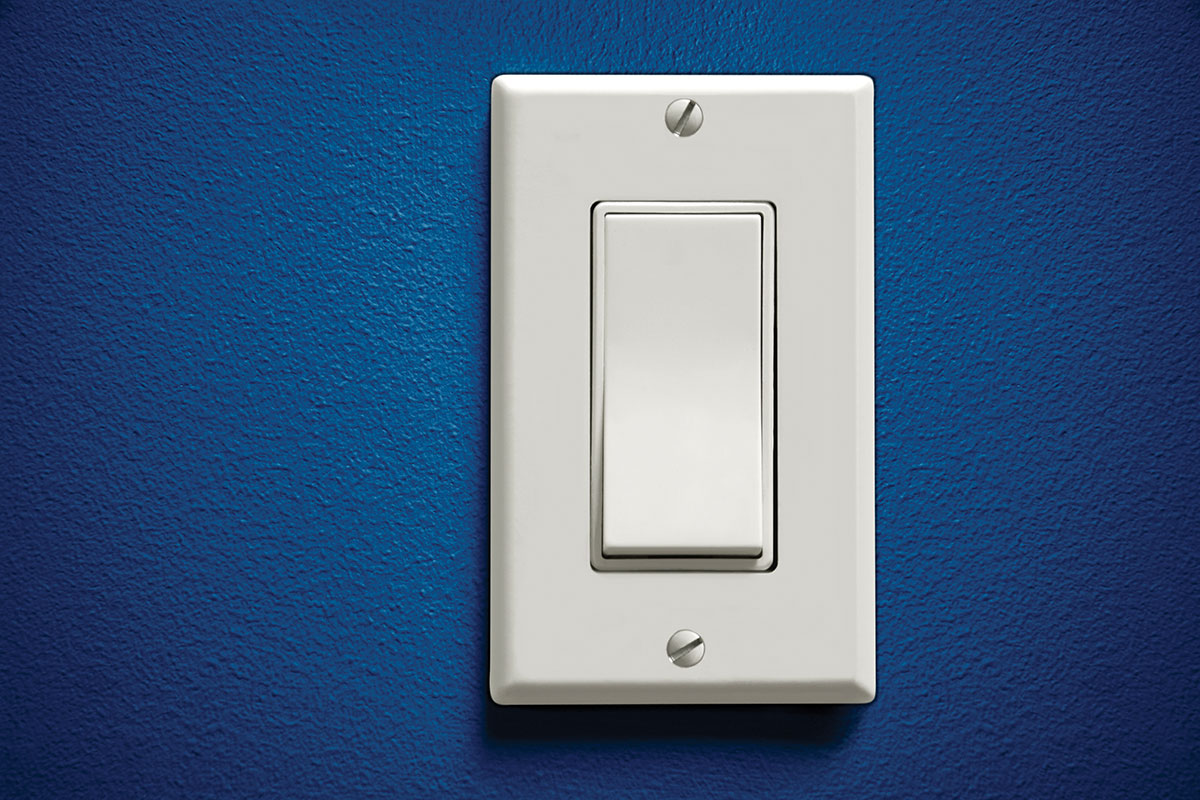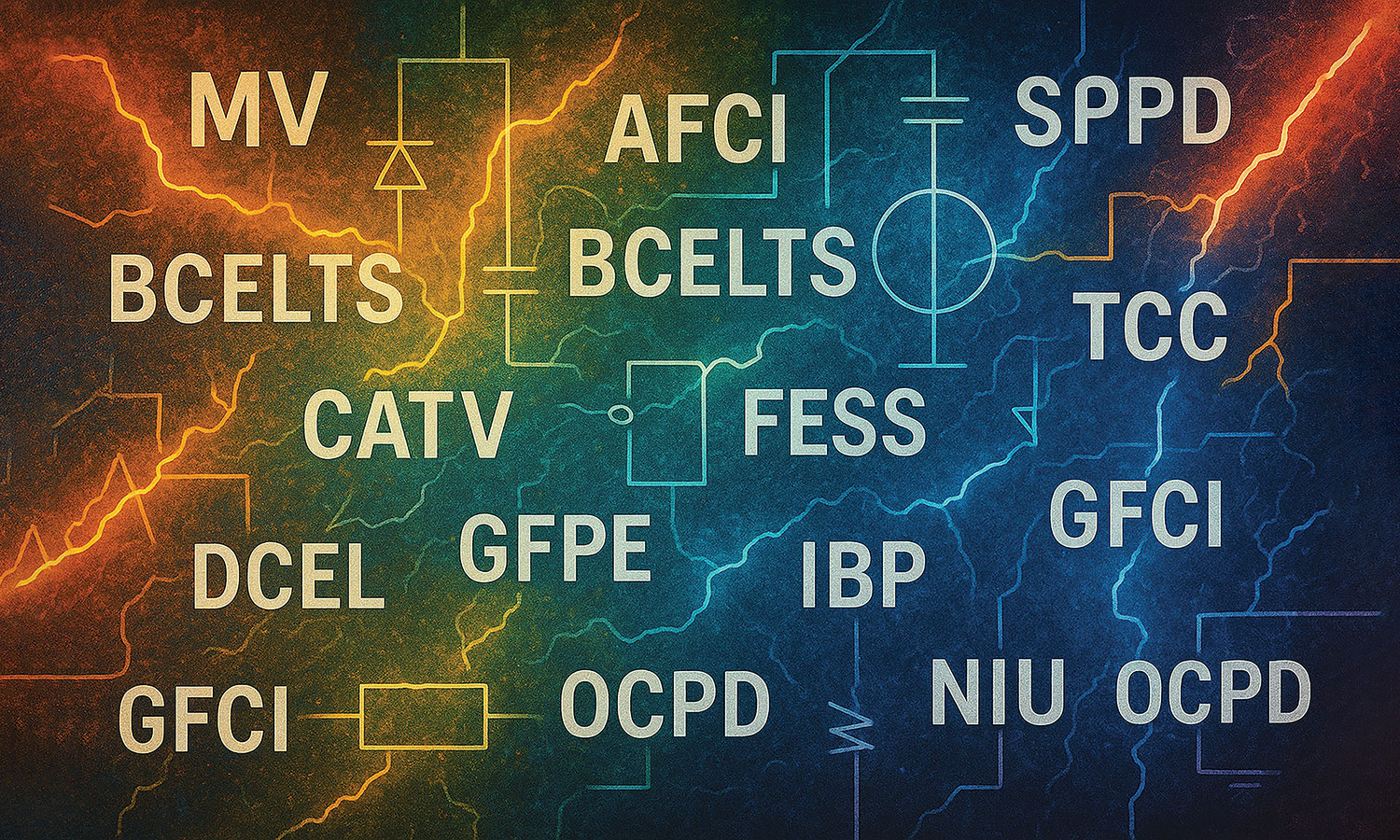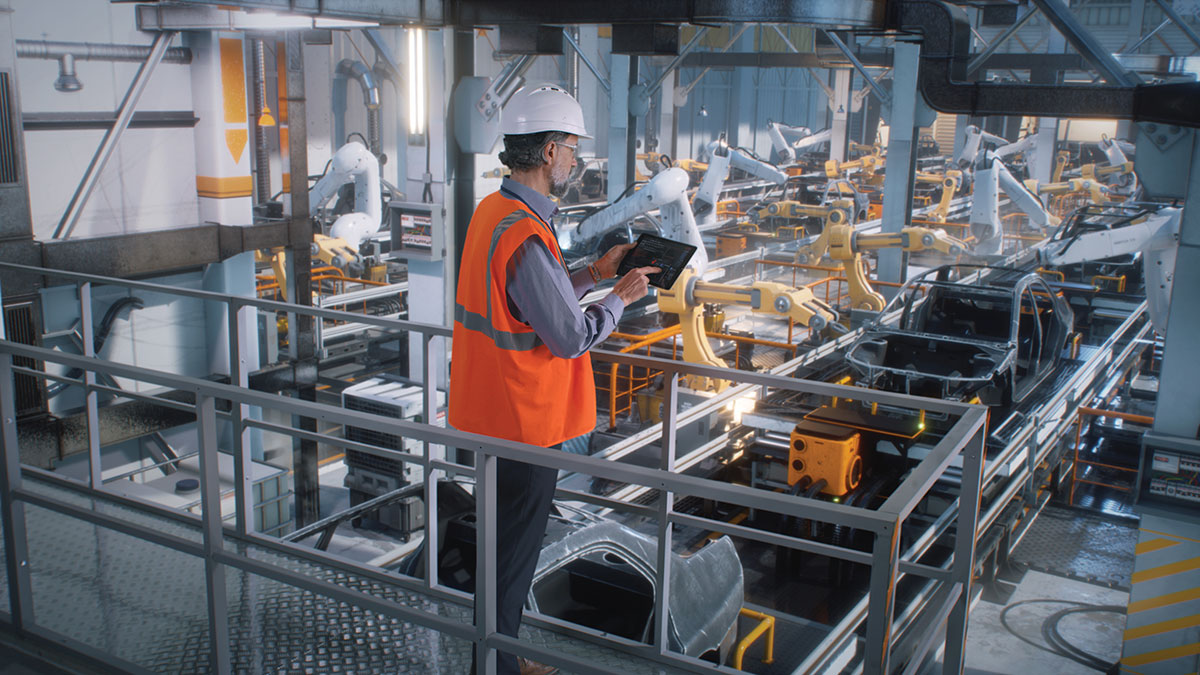Question
What is the defining difference between an uninterruptible power supply (UPS) and a battery energy storage system (ESS?)
Answer
A UPS and an ESS have nearly the same building blocks but differ in their usage. A UPS is designed and intended to use stored energy to provide standby emergency power to specific mission-critical loads during a grid failure. In contrast, an ESS stores energy – generated from different sources, especially from sustainable sources like wind or PV – for use on demand.
According to the International Fire Code® (IFC®), a UPS and ESS are equivalent, based on the definition of a Battery System, Stationary Storage. This type of system typically provides standby or emergency power, acts as an uninterruptable power supply, manages load shedding and load sharing, and delivers similar other capabilities.
However, product safety standards do not consider them to be the same. A UPS is used to provide AC power to a load for a specified time period in the event of a utility power failure. In addition, it may provide a more constant voltage and frequency supply to the load, reducing the effects of utility voltage and frequency variations. An ESS is intended to store energy from one or more ac or dc sources, including distributed generation sources such as photovoltaic systems and wind turbine systems, and to provide power to utilization equipment, premises, and or the grid to meet demand.
UL Solutions Certifies (Lists) UPS equipment under the product categories for Uninterruptible Power-supply Equipment (YEDU) and Uninterruptible Power Supplies for Use in Health Care Facilities (KFFG). The UL Solutions guide information and Certifications (Listings) can be viewed on UL Product iQ® at UL.com/piq; enter either YEDU or KFFG in the search field. Likewise, UL Solutions Certifies (Lists) BESS equipment under the product categories for Energy Storage Systems and Equipment (FTBW) and Energy Storage Equipment Subassemblies – DC ESS (FTBL). The UL Solutions guide information and Certifications (Listings) can be viewed on UL Product iQ® at UL.com/piq; enter either FTBW or FTBL in the search field.
Complimentary UPS vs. ESS white paper now available
While mature UPS products and the rapidly evolving ESS products share commonalities in technical solutions, operations and installation, there are important differences. This UL Solutions white paper reviews the critical differences, outlines the applicable product safety requirements associated with each and summarizes how codes are evolving to address both types of installations.
In this white paper, UL Solutions experts cover:
- Introduction to UPS systems and ESS
- Comparison of ESS with UPS
- Increasing renewable energy usage
- Using lead-acid or nickel-cadmium batteries for UPS
- Resolving and reducing chemical battery incidents
- Increasing use of lithium-ion in ESS
- Standard interpretation
Download a copy of the white paper at UL.com/upswhitepaper.
UL Solutions helps create a better world by applying science to solve safety, security and sustainability challenges. We empower trust by enabling the safe adoption of innovative new products and technologies. Everyone at UL shares a passion to make the world a safer place. All of our work, from independent research and standards development, to testing and certification, to providing analytical and digital solutions, helps improve global well-being. Businesses, industries, governments, regulatory authorities and the public put their trust in us so they can make smarter decisions. To learn more, visit UL.com.













Find Us on Socials